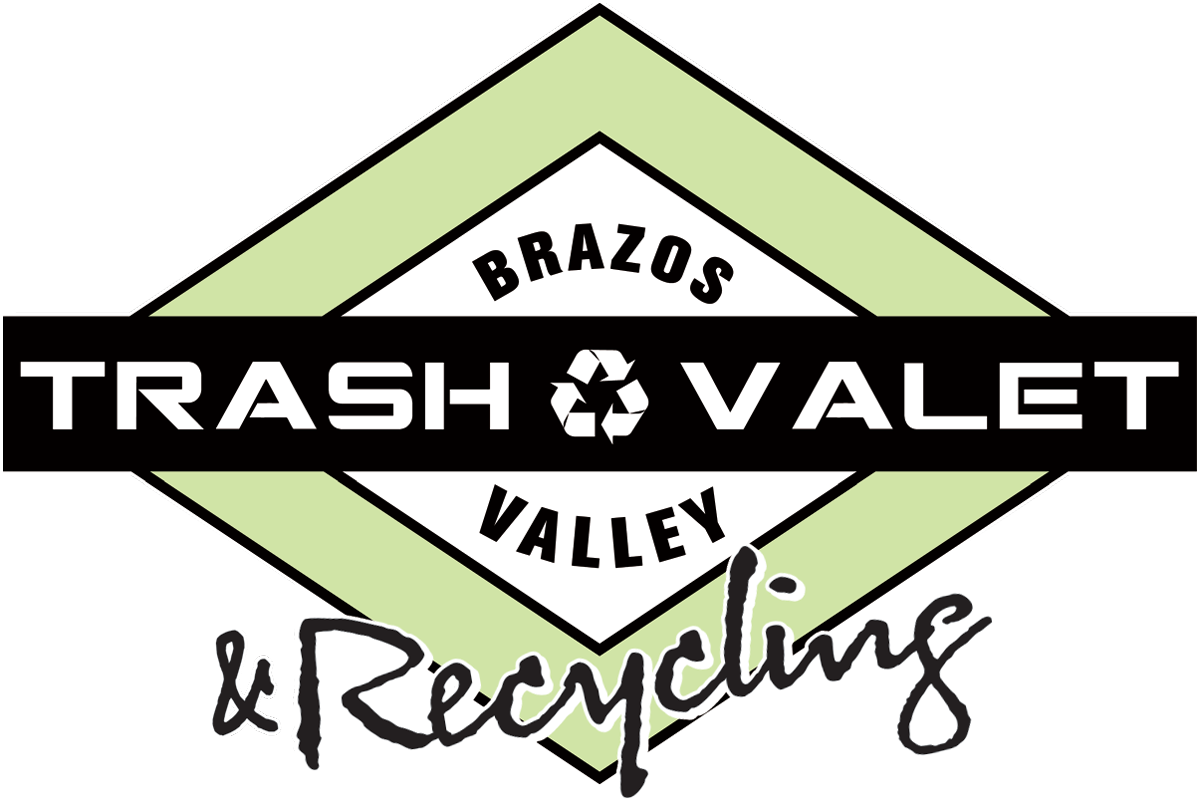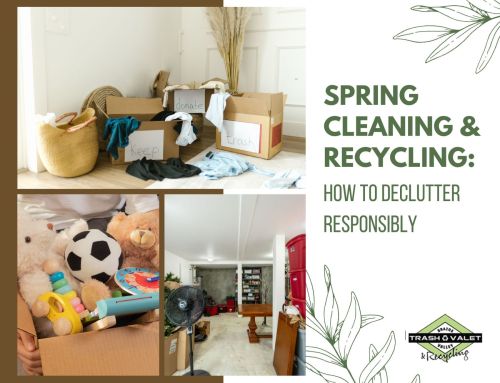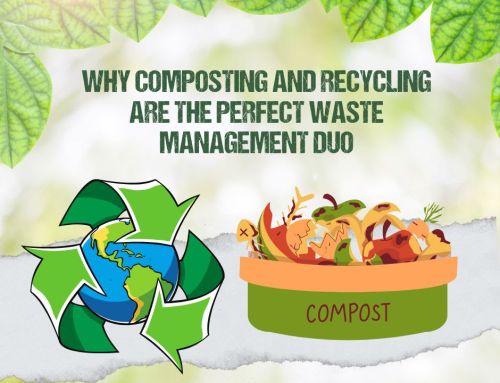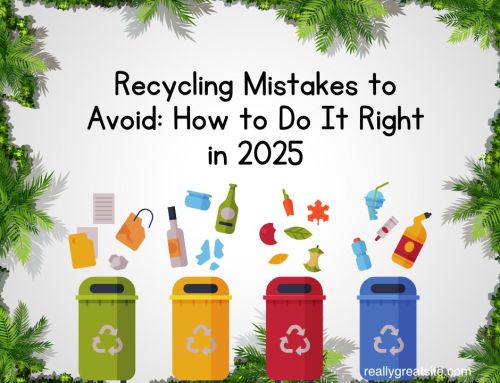Trash Talk: Common Misconceptions About Waste Management and Recycling
Waste management and recycling are critical components of responsible environmental stewardship. However, there are several misconceptions that often cloud our understanding of these important practices. In this blog post, we’ll debunk some of the most common misconceptions and shed light on the facts that can help us make more informed choices when it comes to managing our waste.
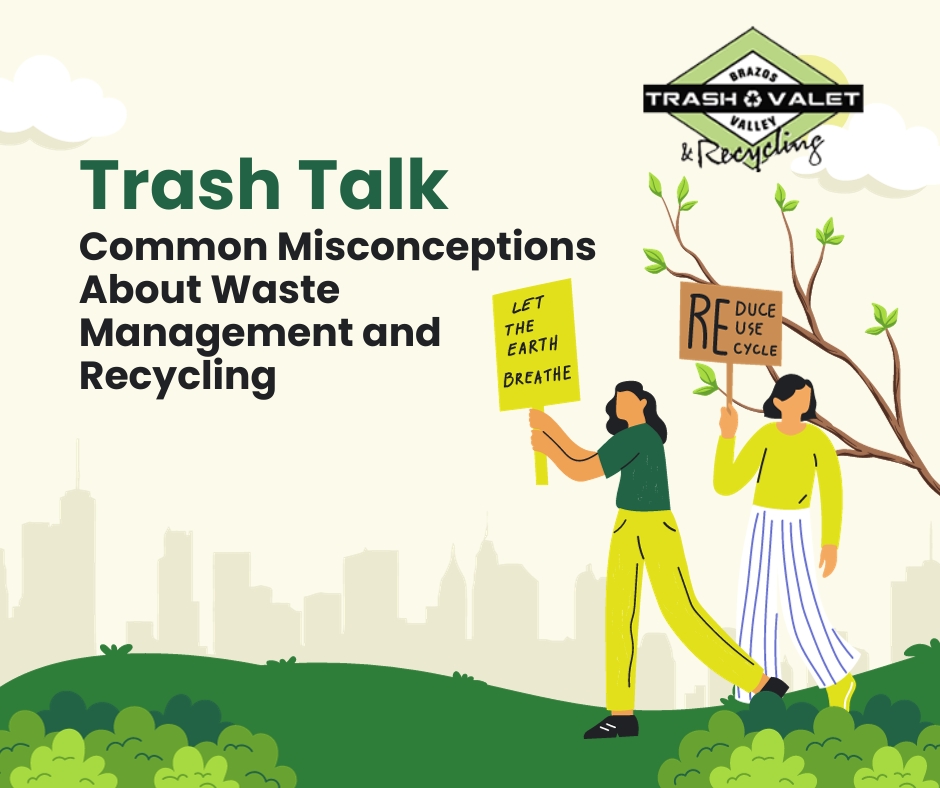
Misconception 1: Everything in the Recycling Bin Gets Recycled
One of the most prevalent misconceptions is that once you toss something into the recycling bin, it’s guaranteed to get recycled. In reality, the recycling process is selective, and not all items placed in the recycling bin end up being recycled. Contaminants or non-recyclable materials can disrupt the recycling process and lead to the disposal of otherwise recyclable items. To help, always check your local recycling guidelines to ensure you’re recycling the right materials.
Misconception 2: Recycling is a Money-Making Business
While recycling is an essential part of waste management and benefits the environment, it’s not always a profitable business. The market for recycled materials fluctuates, and recycling facilities face challenges, including processing costs and fluctuating commodity prices. Recycling is more about conserving resources and reducing waste than making a profit. Nevertheless, recycling remains a crucial and cost-effective environmental practice.
Misconception 3: Landfills are Always Harmful
Landfills are often perceived as environmental hazards, but the reality is more complex. Modern landfills are engineered to minimize their environmental impact. They incorporate liners, leachate collection systems, and gas collection systems to reduce potential harm to the environment. While recycling is an excellent way to reduce waste, not all waste can be recycled, making landfills a necessary component of waste management in many areas.
Misconception 4: Waste is Someone Else’s Problem
It’s common for individuals to believe that waste is a problem for others to solve. But each of us plays a role in waste management. Responsible waste disposal, recycling, and minimizing waste generation start at the individual level. By reducing our waste footprint, we collectively contribute to a cleaner environment.
Misconception 5: Everything Recyclable is Equally Good for the Environment
Not all recycling is created equal. While recycling is a positive environmental action, some recycling processes consume energy and resources. It’s essential to consider the environmental impact of recycling processes, such as transportation and the energy required for recycling, to make informed decisions about what to recycle.
Misconception 6: Reducing Waste is a Hassle
Many people perceive reducing waste as a cumbersome and inconvenient process. However, simple actions like reducing single-use plastics, reusing items, and composting kitchen waste can significantly reduce your waste output without causing undue inconvenience. What’s more, with the convenience provided by Brazos Valley Trash & Recycling, recyclables can go in with your regular trash in your maroon bin, making the process even easier.
Conclusion
Waste management and recycling are vital for a sustainable future, but understanding the facts and dispelling common misconceptions is equally important. By separating fact from fiction, we can make informed decisions about our waste management practices. Recycling is just one part of the waste management puzzle, and by minimizing waste generation and embracing responsible waste disposal, we can all contribute to a cleaner, healthier planet. So, let’s debunk the myths, take action, and work together to ensure a more sustainable future for all.
Share This Story, Choose Your Platform!
Trash Talk: Common Misconceptions About Waste Management and Recycling
Waste management and recycling are critical components of responsible environmental stewardship. However, there are several misconceptions that often cloud our understanding of these important practices. In this blog post, we’ll debunk some of the most common misconceptions and shed light on the facts that can help us make more informed choices when it comes to managing our waste.

Misconception 1: Everything in the Recycling Bin Gets Recycled
One of the most prevalent misconceptions is that once you toss something into the recycling bin, it’s guaranteed to get recycled. In reality, the recycling process is selective, and not all items placed in the recycling bin end up being recycled. Contaminants or non-recyclable materials can disrupt the recycling process and lead to the disposal of otherwise recyclable items. To help, always check your local recycling guidelines to ensure you’re recycling the right materials.
Misconception 2: Recycling is a Money-Making Business
While recycling is an essential part of waste management and benefits the environment, it’s not always a profitable business. The market for recycled materials fluctuates, and recycling facilities face challenges, including processing costs and fluctuating commodity prices. Recycling is more about conserving resources and reducing waste than making a profit. Nevertheless, recycling remains a crucial and cost-effective environmental practice.
Misconception 3: Landfills are Always Harmful
Landfills are often perceived as environmental hazards, but the reality is more complex. Modern landfills are engineered to minimize their environmental impact. They incorporate liners, leachate collection systems, and gas collection systems to reduce potential harm to the environment. While recycling is an excellent way to reduce waste, not all waste can be recycled, making landfills a necessary component of waste management in many areas.
Misconception 4: Waste is Someone Else’s Problem
It’s common for individuals to believe that waste is a problem for others to solve. But each of us plays a role in waste management. Responsible waste disposal, recycling, and minimizing waste generation start at the individual level. By reducing our waste footprint, we collectively contribute to a cleaner environment.
Misconception 5: Everything Recyclable is Equally Good for the Environment
Not all recycling is created equal. While recycling is a positive environmental action, some recycling processes consume energy and resources. It’s essential to consider the environmental impact of recycling processes, such as transportation and the energy required for recycling, to make informed decisions about what to recycle.
Misconception 6: Reducing Waste is a Hassle
Many people perceive reducing waste as a cumbersome and inconvenient process. However, simple actions like reducing single-use plastics, reusing items, and composting kitchen waste can significantly reduce your waste output without causing undue inconvenience. What’s more, with the convenience provided by Brazos Valley Trash & Recycling, recyclables can go in with your regular trash in your maroon bin, making the process even easier.
Conclusion
Waste management and recycling are vital for a sustainable future, but understanding the facts and dispelling common misconceptions is equally important. By separating fact from fiction, we can make informed decisions about our waste management practices. Recycling is just one part of the waste management puzzle, and by minimizing waste generation and embracing responsible waste disposal, we can all contribute to a cleaner, healthier planet. So, let’s debunk the myths, take action, and work together to ensure a more sustainable future for all.
